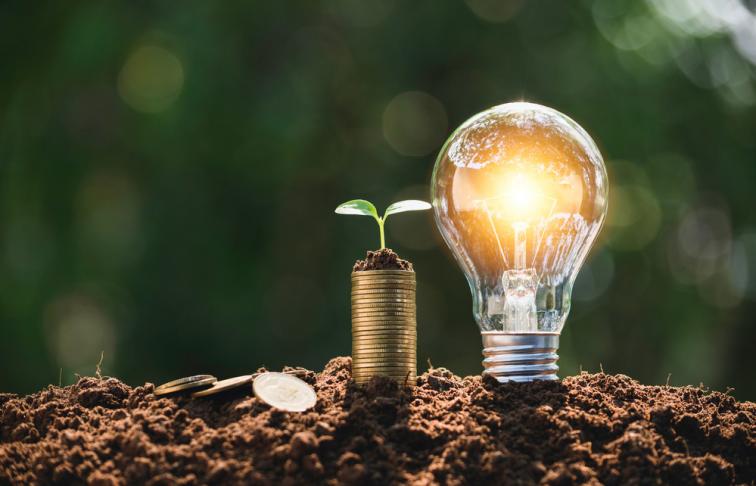It’s never too late to start with some energy-saving strategies that are good for the planet, and good for your pocket.
- Use your car less: for many people, driving is a necessity. But there’s no getting away from the fact that cars are expensive to run and contribute a large chunk to the UK’s carbon footprint – and then there’s parking, toll roads, and all the other hidden costs of driving. Lots of us could, at the very least, be a little more mindful of our car use, and it’s a good idea to have some alternative options. Bus, rail and forms of urban transport like the London Underground, Edinburgh trams and the Newcastle Metro can offer a cheaper, greener alternative to running a car. Even better, if you’re able to walk or cycle more to reduce your number of short car journeys, you’ll save money, be cleaner and greener, and see improvement in your physical and mental health.
- Save water: the average person in the UK uses nearly 150 litres of water every single day. We pay to heat about 30% of this. Metered water and heating can add up, with around 12% of the average household gas bill being spent on heating water. Using energy-efficient washing machines and dishwashers, being aware of the amount of time we take in the shower, even just running a bath a couple of centimetres shallower can all help reduce costs and environmental impact. Installing water-efficient shower heads and taps also could help reduce the amount of water we’re using.
- Use energy-saving lightbulbs and turn the lights off when you’re not using them. Energy-saving lightbulb technology is now incredibly sophisticated, and LED-based lightbulbs use up to 90% less energy than their traditional equivalents, and even last around 25 times longer.
- Turn down the heating: Turning your thermostat down just 1°C can trigger huge savings; for most people, a room heated to around 18°C is comfortable, so if your house is hotter than that, consider switching it down a little… and putting on a jumper. Avoid heating unused rooms, turn the radiators off or down in rooms that aren’t used much, and consider individual thermostats on each radiator.
- Buy an energy-efficient boiler. A boiler is a big expense, but if you need to replace it, go for the most energy efficient one you can afford. It can cut costs in the long run, especially if it’s properly maintained. It should also give you the option to turn the water temperature to exactly what you need, avoiding unnecessary heating costs. A boiler with a timer for heating means that you can plan to heat your home only when you’re going to be in; keeping an empty house toasty-warm while everyone’s at work or school is a waste of energy and money.
- Buy efficient appliances: when you’re buying new electronic devices or appliances for the home, consider their energy efficiency. Kitchen appliances now have an easy-to-read efficiency rating so it’s easy to make sensible energy-saving choices. The most efficient appliances don’t have to be more expensive than lower-efficiency options, so there’s really no advantage to buying models of fridges and washing machines that are going to push up your electricity bills.
- Turn things off: not just lightbulbs; you can save energy by making sure you switch off computers, games consoles and television sets when you’re not using them. If you have a smart meter, you can try and estimate the difference in energy usage between a device left on standby and one fully switched off.
Saving energy in the home takes a little effort from the whole household. Getting the family on board and teaching children about energy efficiency will help them understand more about the environment, about our role in energy usage, and maybe about how to save a little cash along the way.

